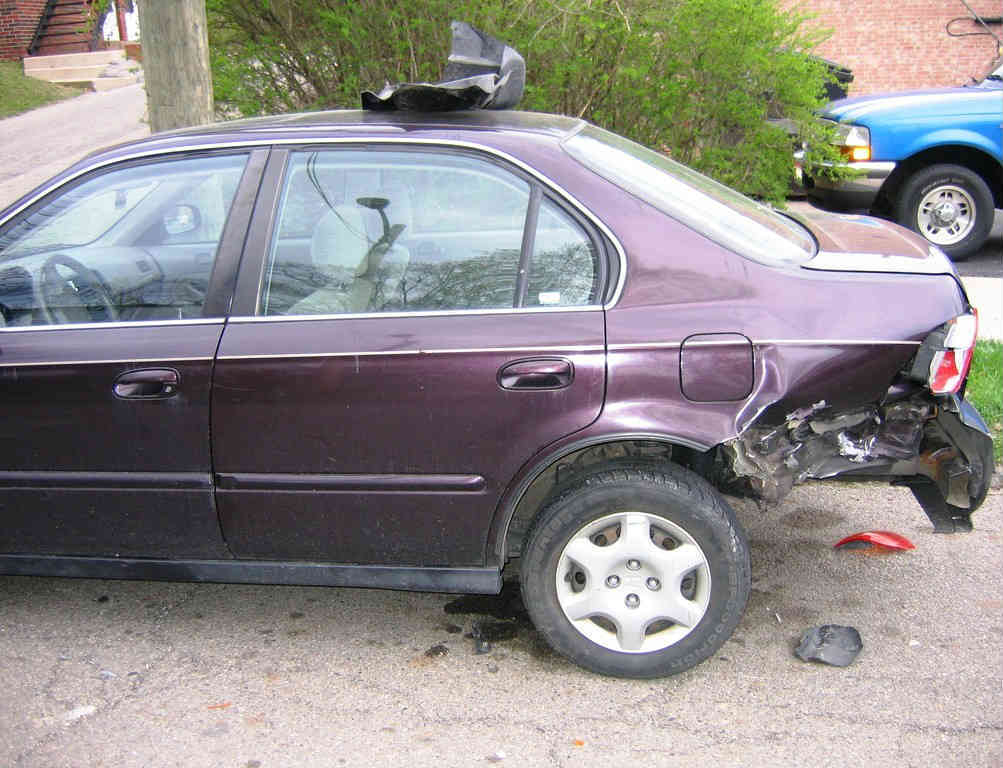Vicarious liability is a form of liability which arises from the common law principle of respondeat superior.

Anybody who has tried to personally resolve an insurance claim for an auto accident against a commercial vehicle (usually a cargo truck or a delivery van) will tell you that vicarious liability is a big blanket that these logistics companies often hide behind. How and why it works is still a mystery to many.
Vicarious liability is a form of liability which arises from the common law principle of respondeat superior. Under this theory, a third party who has the duty, right and ability to control the activities of a person who performs a tortuous act may be held liable.
As a general rule, employers are vicariously liable for the acts and omissions performed by their employees in the course of their employment. If a truck driver who made a turn absent due care and hits a bus full of schoolchildren, the trucking company will be held liable provided that the following requisites concur:
- That his truck must be owned by his employer
- That he was authorized by his employer to drive the truck
- That he was driving during the course of employment
The rule admits of a few exceptions. For example, a police officer will not be held liable for assault in the performance of his duty because his employment requires the use of force. The rule is likewise in the case of a person who repossesses cars for a living. The nature of his employment necessarily creates friction; therefore there can be no vicarious liability.
Making claims for insurance companies is very complicated especially against trucking companies. Different claims must be prepared according to the degree of liability of each of the parties. A reputable personal injury lawyer in Missouri can help you with this. Don’t be fooled by the legalese and loopholes trucking companies hide behind. Assert your rights and be protected. Hire a personal injury lawyer today.
Call the Law Office of James M. Hoffmann at (314) 361-4300 to discuss your case or contact us to schedule your free consultation.
Workers Compensation Claim
Missouri Workers Compensation Statute of Limitation
How to File a Workers Compensation Claim
When to File a St. Louis Worker Compensation Claim
Workers Compensation Issues
Workers Compensation First Report of Injury
Workers Compensation Third Party Liability
Mistakes Employees Make in Workmans Comp Claims
Workers Compensation Doctor
Workers Comp Doctor Second Opinion
Workers Compensation Evaluation
Workers Compensation Medical Expenses
Workers Compensation Insurance
Workers Compensation Fraud
Workmans Comp Ghost Policy
Workers Compensation Uninsured Employer
Workers Compensation Proving Employment
Vicarious Liability Workers Compensation
Bad Faith Workers Compensation
Workplace Safety
What if I Lie During a Workers Compensation Audit?
Workers Compensation Equal Exposure
Workers Compensation Exclusive Remedy
Workers Compensation Hearing Questions
Waiting on Work Comp
Returning to Work After Workers Comp
photo credit: skpy
